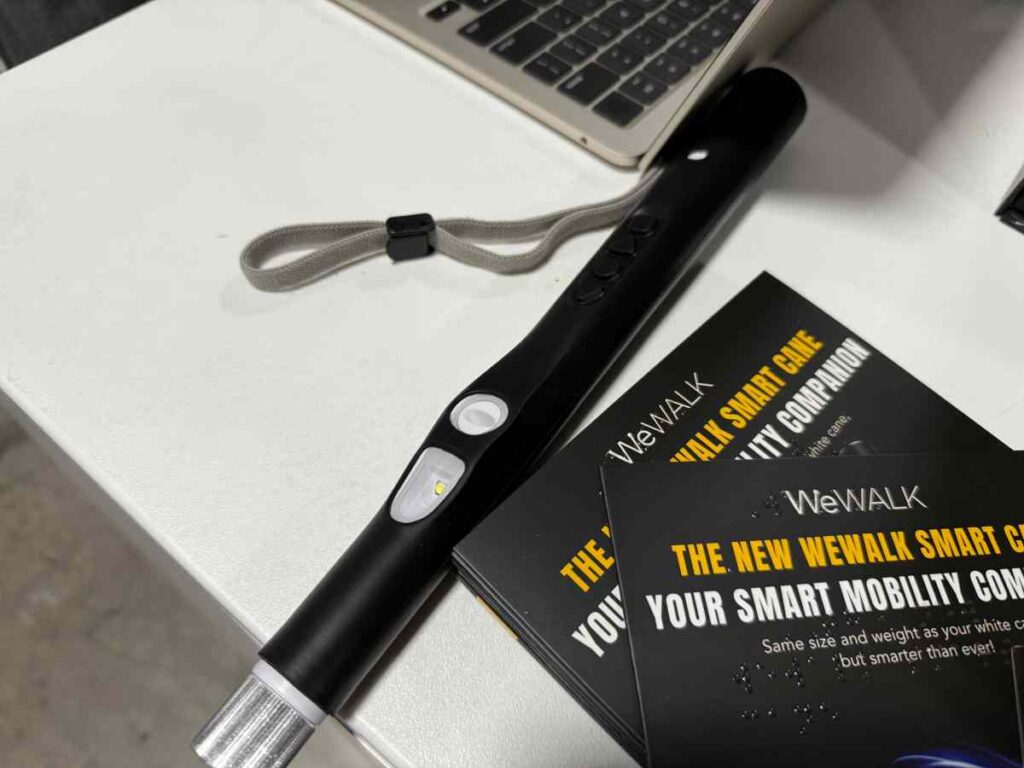These startups are making smarter canes for people with visual impairments
The white cane for the 21st century. While many technology companies are increasingly working to make technology accessible to blind and visually impaired people, canes have not benefited much from these advances.
Born in London We are walking It takes a more traditional approach to white cane. Aside from the larger handle, there’s not much that visually distinguishes the company’s product from a standard folding cane.
The company currently offers two models: the Smartcane 2 for $850 and the Smartcane+ 2 for $1,150. The primary difference between the two levels is the latter’s inclusion of a voice-controlled assistant – a seemingly invaluable tool for a visually impaired person on the go. In addition to detecting obstacles at ground level, the system is able to detect potential obstacles above.
The system connects wirelessly to an iPhone/Android smartphone, allowing users to get walking directions directly from the stick via a built-in speaker. The buttons on the handle can also be used to interact directly with the phone, providing a touch experience that smartphones lack.

Parked nearby at the CES showroom, based in Washington state Slipping He is the newest entrant on the scene. The startup describes its product Glide as a “self-guided, self-guided mobility aid” or simply a robot. Instead of a more standardized form factor, the Glide features a handle attached to a wheeled base.
The $1,500 system ($1,799 with an annual subscription) is currently in soft launch mode, after an initial pre-order. The system features a pair of stereo depth cameras and takes a more technically advanced approach. In addition to obstacle avoidance, it will alert the user when they are approaching a door, elevator, stairs or sidewalk, and will temporarily shut down when they reach an intersection to avoid oncoming traffic.
The company says the product takes about a year to ship. Glidance has raised $1.5 million in seed funding and is currently in the process of closing $5 million in seed funding.



